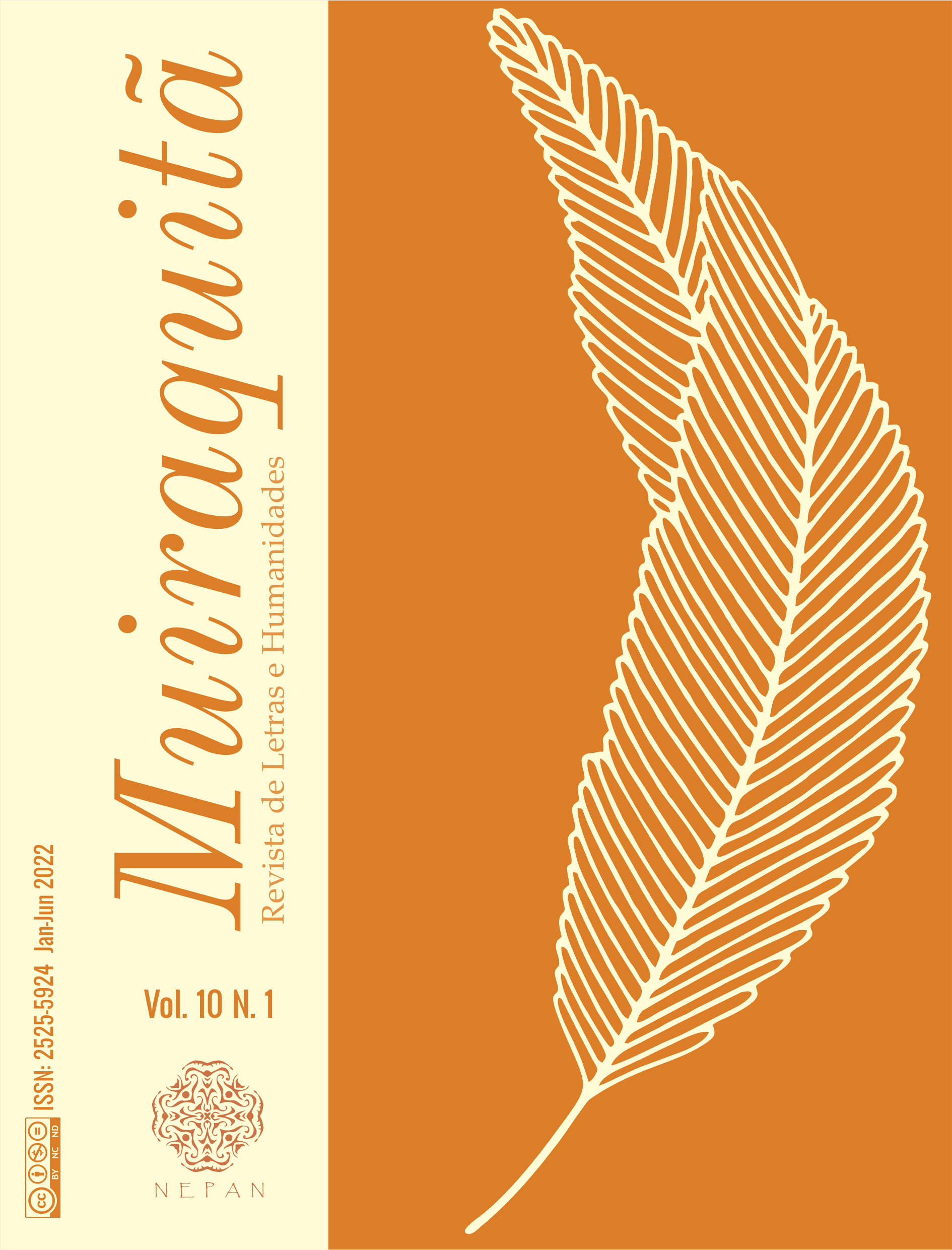A world fitting in a short story
a vast limit of historical fiction in Fragmento da paisagem, by Arthur Dapieve
DOI:
https://doi.org/10.29327/210932.10.1-6Keywords:
Historical fiction; historiographical records; narrator-creatorAbstract
As a consequence of uncertain enduring of the written text, this article aims to discuss historiographical records and fiction. The writing mechanisms that enable a more intensive analysis between fictionalized facts and its historical records are investigated. Aesthetics in narrative is the indispensable artifice to reach a level of representation as a transcendence challenge and for the representation of central facts or of events which might be considered secondary. The short story “Fragmentos da paisagem” helps to depict the tenacity of the narrator-creator when dealing with its own limits on the recreation of history into fiction, having as instrument the artistic organization of the text.
References
AGUIAR, F. W. A estrutura da espera. In: VÉSCIO, L. E., SANTOS, P. B. (Orgs.) Literatura & história: perspectivas e convergências. Bauru: Edusc, 1999. P. 79-96
BAKHTIN, M. Estética da criação verbal. Trad. Maria E. G. G. Pereira. São Paulo: Martins Fontes, 1992.
___. Questões de literatura e estética: a teoria do romance. Trad. Aurora Fornoni Bernardini et al. São Paulo: Unesp/Hucitec, 1988.
DAPIEVE, A. Maracanazo e outras histórias. Rio de Janeiro: Alfaguara, 2015.
FRYE, N. Anatomia da crítica. Trad. Péricles Eugênio da Silva. São Paulo: Cultrix, 1973.
GAY, P. O estilo na história: Gibbon, Ranke, Macaulay, Burckhardt. Trad. Denise Bottmann. São Paulo: Companhia das Letras, 1990.
JUNG, C. G. (Org.) Chegando ao inconsciente. O homem e seus símbolos. 2.ed. Trad. Maria Lúcia Pinho. Rio de Janeiro: Nova Fronteira, 2008. P. 15-131
LE GOFF, J. História e memória. 7.ed. Campinas: Unicamp, 2013.
LEVI, G. Sobre a micro-história. In: BURKE, P. (Org.) A escrita da história: novas perspectivas. Trad. Magna Lopes. São Paulo: Unesp, 1992. P. 133-161
LUKÁCS, G. Le roman historique. Trad. Robert Sailley. Paris : Payot, 1972.
LINS, R. L. Nossa amiga feroz: breve história da felicidade na expressão contemporânea. Rio de Janeiro: Rocco, 1993.
SCHOLES, R., KELLOGG, R. A natureza da narrativa. Trad. Gert Mayer. São Paulo: Mc Graw-Hill, 1977.
SCHORSKE, C. E. Viena fin-de-siècle: política e cultura. Trad. Denise Bottmann. São Paulo: Companhia das Letras/Unicamp, 1990.
SILVA, M. S-. História, memória, literatura: o testemunho na era das catástrofes. Campinas: Unicamp, 2003.
WHITE, H. Meta-história: a imaginação histórica do século XIX. Trad. José Laurênio de Melo. São Paulo: Edusp, 1995.














